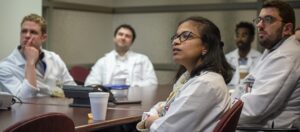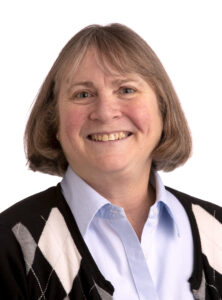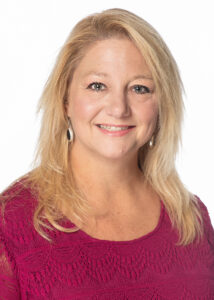More than three decades of training and counting, TCOM hosts Chief Residency Skills Conference
- June 7, 2023
- By: Steven Bartolotta
- On Campus
Related Links
 Chief residents from across the nation came to the Texas College of Osteopathic Medicine’s Faculty Development Center’s Chief Resident Leadership Skills Conference. Thirty-eight chief residents and three coordinators came to The University of North Texas Health Science Center at Fort Worth from Oklahoma, Alabama, Tennessee and Texas to participate in a conference on a variety of topics to improve their residency programs.
Chief residents from across the nation came to the Texas College of Osteopathic Medicine’s Faculty Development Center’s Chief Resident Leadership Skills Conference. Thirty-eight chief residents and three coordinators came to The University of North Texas Health Science Center at Fort Worth from Oklahoma, Alabama, Tennessee and Texas to participate in a conference on a variety of topics to improve their residency programs.
The longstanding conference has been hosted by TCOM’s Faculty Development Center for more than 30 years.

“The chief role is a critical role between the residents and faculty,” said Dr. Sharon Manson, director of the Faculty Development Center. “On one hand, they are peers to the residents whom they started residency. On the other hand, they are also their supervisor. They are aware of and advocate the needs of the residents, but they also are aware of and oftentimes have to explain the needs of the faculty, department or hospital. Because they are seen as junior faculty, they are often privy to information they can share upward but not downward, which can be a delicate tightrope to walk, especially when fellow residents see them as peers.”
The chief residents learned how to enhance their communication using the Myers-Briggs Type Indicator, dealing with conflict, taking their leadership skills to the next level, and having a chance to network with colleagues from around the country. In total, 34 different residency programs from across the nation participated in the skills conference.
“The Chief Resident Conference gives chiefs from across the state and country a chance to network, discuss best practices, share experiences and brainstorm with others who are about to take on this new challenge,” Manson said.

Manson, Dr. Elizabeth Burleson and Dr. Tina Bernard presented on various subjects, from improving their teaching to understanding their conflict styles and how to best approach those situations.
In one of the presentations by Aurea Baez-Martinez, an academic program coordinator, titled “So You’re a Chief Resident …What does that mean?” participants went through exercises to get the chief residents to dig deep into their idea of what that meant.
They then broke out a new tool to help reinforce to residents what their role is: artificial intelligence.

“The other piece that was incorporated this year was the use of ChatGPT,” Baez-Martinez said. “I asked the residents if we asked ChatGPT about the role of the chief resident. It was great to see the answer come up live, instead of having a slide already with the answer. Using ChapGPT this year brought a new sense of presenting residents with what the role is, as it reinforced what we have said previously.
A virtual conference was held on June 2 with 33 chief residents and 10 coordinators to continue the COVID-era flexibility for those who were unable to attend in person. During the height of COVID, the FDC continued the CRC virtually and had more than 150 chief residents and coordinators participating from more than 14 different specialties in 14 states.
Through it all, TCOM’s Faculty Development Center has been sharpening the skills of chief residents and giving them the tools to make graduate medical education better.






Social media